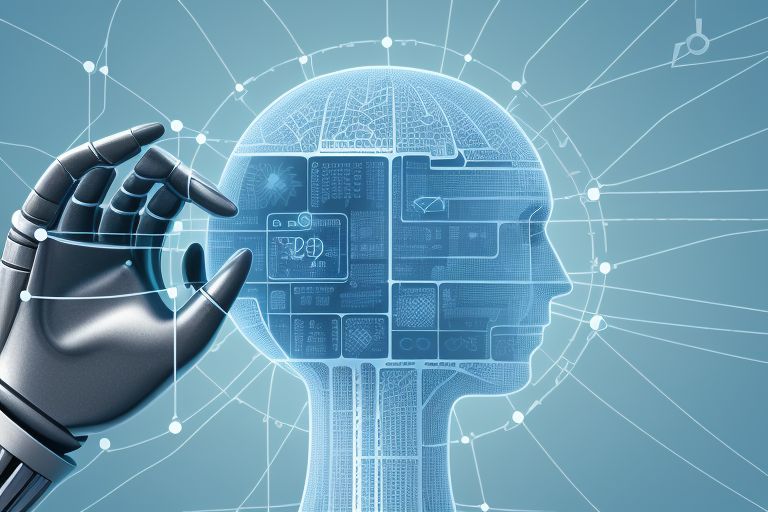What is AI in Project Management?
AI in project management refers to the integration of artificial intelligence technologies to automate tasks, analyze data, and provide actionable insights. From predictive analytics to intelligent scheduling, AI tools are designed to enhance decision-making and streamline workflows. For instance, AI-powered platforms like Asana and Monday.com are helping teams manage tasks more efficiently by predicting deadlines and identifying potential bottlenecks.
Key Benefits of AI in Project Management
AI offers a multitude of advantages for project managers and teams. Here are some of the most significant benefits:
- Enhanced Decision-Making: AI analyzes vast amounts of data to provide insights that help managers make informed decisions.
- Automated Task Management: Repetitive tasks like scheduling and resource allocation can be automated, saving time and reducing errors.
- Improved Risk Management: AI tools can predict potential risks and suggest mitigation strategies.
- Real-Time Monitoring: AI enables real-time tracking of project progress, ensuring timely adjustments.
For example, Smartsheet uses AI to automate workflows and provide real-time updates, making it easier for teams to stay on track.
How AI is Transforming Project Management
AI is not just a tool—it’s a game-changer. Here’s how it’s transforming the field:
Predictive Analytics
AI-powered predictive analytics can forecast project outcomes based on historical data and current trends. This helps managers anticipate challenges and adjust strategies proactively.
Resource Optimization
AI algorithms can analyze team workloads and allocate resources more effectively, ensuring that no one is overburdened and deadlines are met.
Intelligent Scheduling
AI tools can create optimized schedules by considering factors like team availability, task dependencies, and project priorities.
For instance, Wrike uses AI to automate task assignments and optimize project timelines, reducing the manual effort required by managers.
Real-World Applications of AI in Project Management
AI is already making waves in various industries. Here are some real-world examples:
- Construction: AI is used to monitor project progress, predict delays, and optimize resource allocation.
- Healthcare: AI helps manage complex projects like hospital expansions by streamlining workflows and ensuring compliance.
- IT: AI tools are used to manage software development projects, ensuring timely delivery and quality control.
According to a Gartner report, 80% of project management tasks will be automated by 2030, thanks to AI.
Challenges of Implementing AI in Project Management
While AI offers numerous benefits, it’s not without challenges. Here are some common hurdles:
- High Initial Costs: Implementing AI tools can be expensive, especially for small businesses.
- Data Privacy Concerns: AI relies on data, which raises concerns about privacy and security.
- Resistance to Change: Teams may be hesitant to adopt AI due to fear of job displacement or lack of understanding.
However, with proper training and a clear implementation strategy, these challenges can be overcome.
Future Trends in AI and Project Management
The future of AI in project management looks promising. Here are some trends to watch:
- AI-Driven Collaboration Tools: Tools that enhance team collaboration through AI-powered insights and automation.
- Advanced Predictive Analytics: More accurate forecasting models that consider a wider range of variables.
- Integration with IoT: Combining AI with the Internet of Things (IoT) for real-time project monitoring and control.
As AI continues to evolve, its impact on project management will only grow, making it an indispensable tool for businesses worldwide.
Conclusion
AI in project management is revolutionizing the way we plan, execute, and monitor projects. From predictive analytics to intelligent scheduling, AI tools are enhancing efficiency, reducing risks, and improving decision-making. While challenges like high costs and data privacy concerns exist, the benefits far outweigh the drawbacks. As we look to the future, AI will continue to play a pivotal role in shaping the project management landscape. Whether you’re a seasoned project manager or just starting out, embracing AI can give you a competitive edge and drive success in your projects.
“`












Leave a Reply